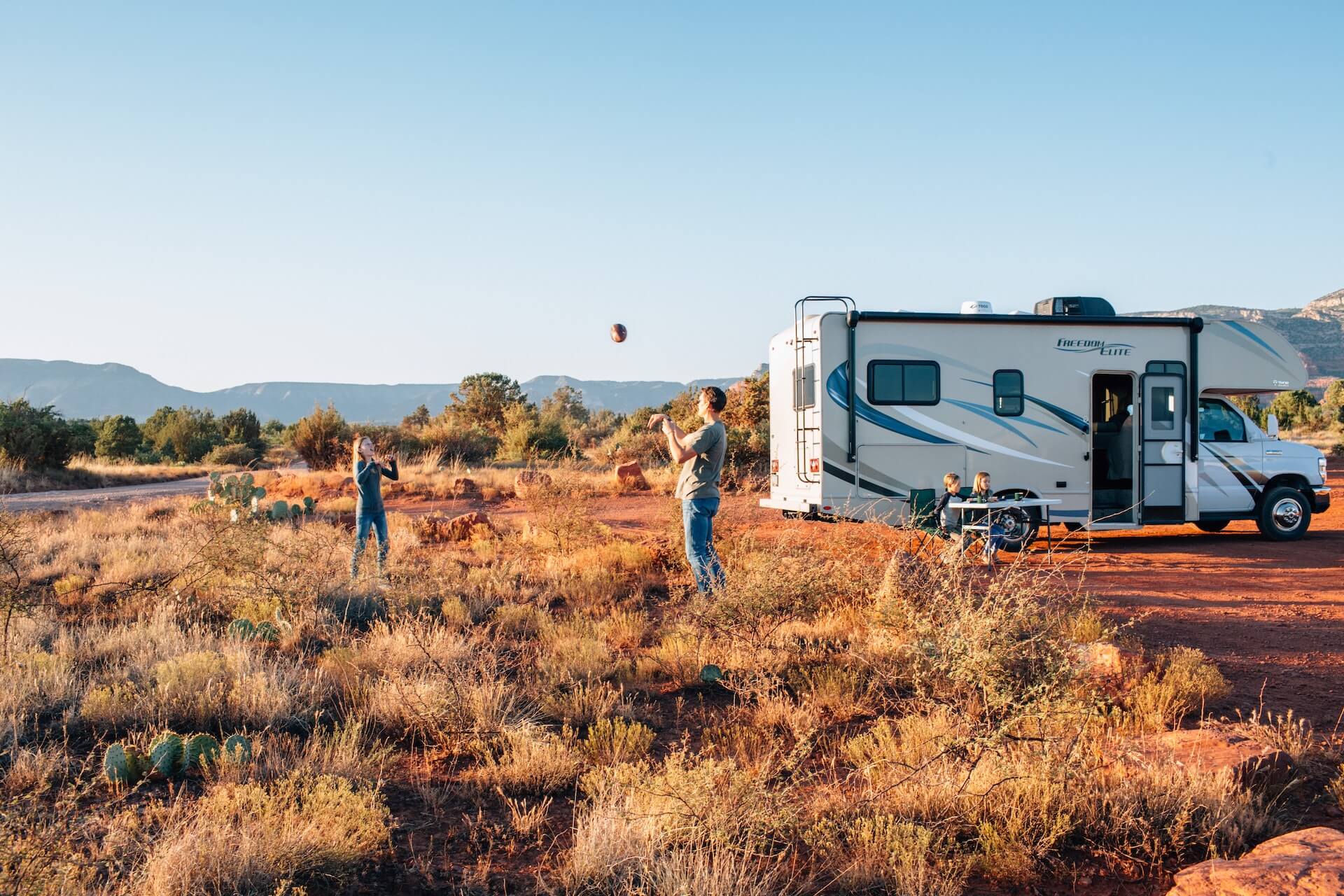Ah, online reviews. We’ve all used them at some point to make a decision about a brand. Whether it’s looking up a restaurant on Yelp to see its star rating or reading about a local entertainment venue on Google Reviews, customer feedback helps us choose trusted businesses based on others’ honest experiences.
But not all companies leverage reviews to their advantage — campgrounds included. In the hospitality industry especially, guest testimonials can make or break someone’s decision to book a night’s stay, so you’d be remiss not to manage them.
Let’s see how much traveler testimonials matter for your campground and what your guests care about when reading online reviews.
Why Reviews in the Hospitality Industry Matter So Much
Reviews matter for any business — but hospitality companies especially benefit from online recognition from guests. According to TripAdvisor, 64% of travelers surveyed in the U.S. said they will spend more time reading reviews before choosing their getaway in 2021. Why? Because guests often have to travel to your campground, it’s not as easy for them to “give it a try” and leave if they are dissatisfied. Guests staying for a few days want to make sure they pick the right accommodations and not be forced to find new lodging spontaneously on the go.
More so than other local businesses or attractions, hospitality businesses need to have an appealing online presence, since guests will likely only visit your property for the first time after booking. They’ll be doing all their initial digging online. In a way, maintaining your review profiles is even more important as a member of the hospitality industry. Bad testimonials online could have a more damaging effect to your outdoor property than companies with a lot of natural foot traffic — wherein a customer experiences the businesses exclusively in person before following the brand online.
How Reviews Can Help Your Campground
Google and other search engines factor testimonials and online reviews into its ranking algorithm. The more positive reviews you have, the more likely the search engine is to serve your website for searches and help you get discovered online. But it’s not just positive reviews that rank; negative testimonials can also earn you a place on the results pages… with this in mind, online reputation management of your reviews is very important. You can start by claiming your Google My Business listing and Knowledge Panel (the information box with your phone number, address, etc. that appears on the right side of a search page). Here you can respond to your Google Reviews and ensure your campground’s property details are always up to date.
Online reviews are also just one more channel of communication with guests. By managing all your review platforms, you show would-be guests that you care about the experiences of those who stay at your campground. Even not-so-great reviews can be turned into a positive experience if you respond, quickly, appropriately and address their concern compassionately and professionally.
These online testimonials are also a great opportunity for you to learn from guest feedback and make important improvements around your property. For example, you may receive feedback about the public restrooms at your facility and create a checklist for hourly checks of the stalls to ensure they’re fully stocked and clean. In a way, the initial bad review was a kindness, giving you ideas for improving the guest experience for the future.
Where Do People Leave Hospitality Reviews?
In order to manage your online reviews, you need to know where guests are leaving feedback. Here are some common review platforms many of your campers may be checking before booking a stay:
- TripAdvisor
- Booking.com
- The Dyrt
- Google
- Facebook
- Yelp
- Campendium
If you aren’t on any of these platforms, consider making an account to better serve your audience.
What Do Campers Care About When It Comes to Reviews?
When would-be campground guests are looking at your online reviews, there are a few distinct things they care about. They’ll look to see your star rating to determine your trust and quality of service, according to BrightLocal’s Local Consumer Review Survey. They will also look for an indication of your campground’s legitimacy in the reviews and the legitimacy of the claim in the testimonial itself. Next, they will seek the reviews’ recency to determine relevance to their upcoming experience. That same survey found that 73% of consumers only pay attention to reviews written in the last month, so really be quick to respond to guest feedback online!
While what’s said is obviously significant, guests also care deeply about the sentiment behind the review. What’s the general attitude or opinion the reviewer has for your business — and if it’s negative, how can you change it? Lastly, those reading online reviews care about the quantity of reviews. If you only have five reviews on one platform, it could make the reader question your campground’s legitimacy. Consider sending happy campers a small incentive for sharing a little about their past stays on a review site.
Get More Reviews for Your Campground!
In order to properly maintain and build your online reputation, you need campers willing to share their experiences online.
Watch our webinar Get Found Online to learn more about using reputation and review management to boost your online presence. Plus, tune into our webinar Campground Marketing Best Practices for even more tips on marketing your campground!




